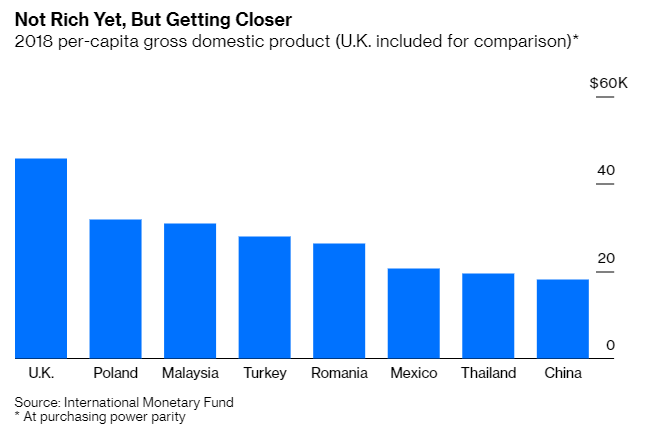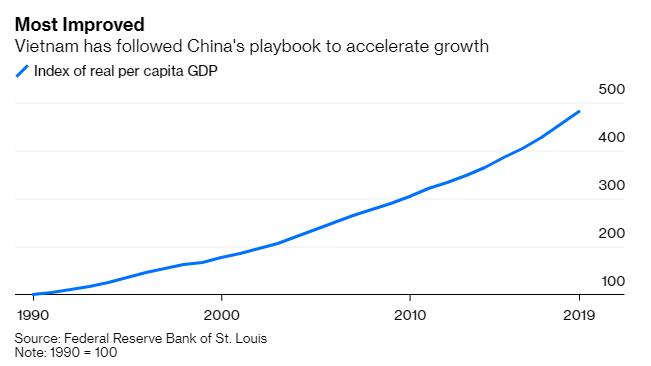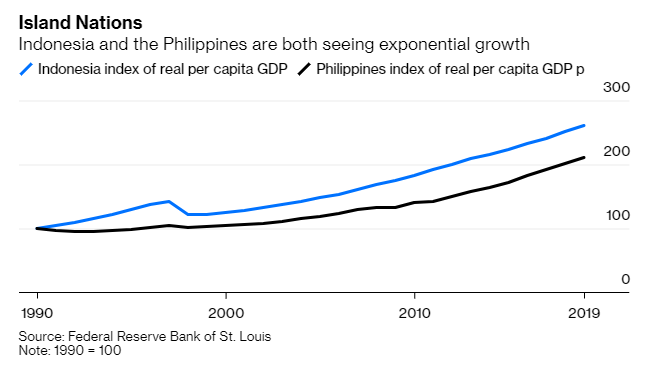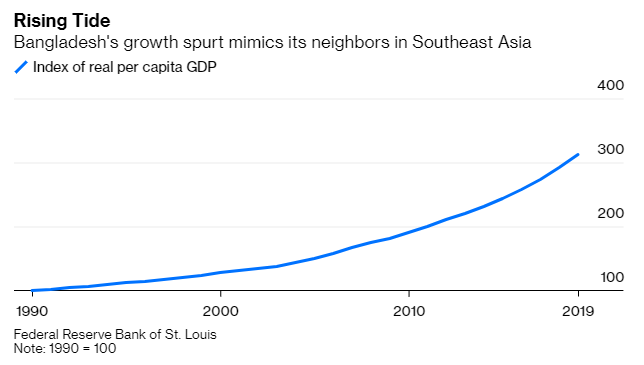https://t.co/ipQ7Y0JCnG
1/Politics thread time.
To me, the most important aspect of the 2018 midterms wasn't even about partisan control, but about democracy and voting rights. That's the real battle.
https://t.co/ipQ7Y0JCnG
That suggests there is still SOME grassroots support for democracy that transcends partisanship.
https://t.co/jHHieSkzTg
https://t.co/ffEwTP2SPq
We seem to have accepted electoral dysfunction in Florida as a permanent thing. The 2000 election has never really ended.
https://t.co/auFaCR7WvH
Bad ballot design led to a lot of undervotes for Bill Nelson in Broward Co., possibly even enough to cost him his Senate seat. They do appear to be real undervotes, though, instead of tabulation errors. He doesn't really seem to have a path to victory. https://t.co/utUhY2KTaR
— Nate Silver (@NateSilver538) November 16, 2018
The big worry is that it functioned as a trial balloon.
https://t.co/qcPP0wGGDR
The GOP abandoned hope of winning over nonwhite voters, and went with the "Sailer Strategy": https://t.co/jBH0K4JUv4 …

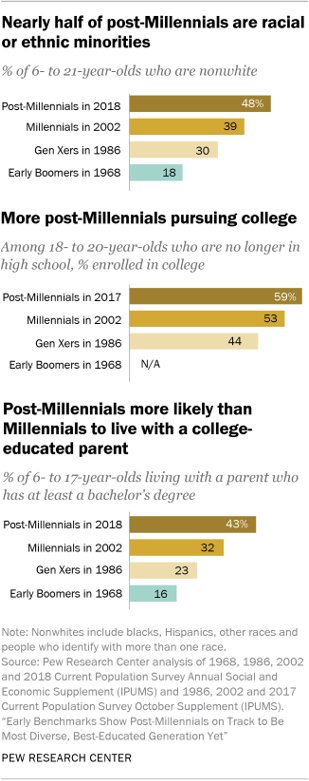
Which is why voting rights have become such a central issue.
It's about breaking the Sailer Strategy, and putting to bed the idea that electioneering can make nonwhite voters disappear.
https://t.co/p3vGgC3A1D
DAAAAAAAAAAAAAAMN pic.twitter.com/hdZzNEvsjG
— Noah Smith (@Noahpinion) November 15, 2018
More from Noah Smith
This explains why immigration is now at the center of partisan conflict.
Why did California turn Blue?
— Sen. Eric Brakey (@SenatorBrakey) October 28, 2018
Why is Texas turning Blue?
The left has failed at selling socialism to the American people for decades. We have rejected it.
Their new strategy is mass importation of new voters to transform our political culture.
Of course, the belief in ethnic bloc voting becomes a self-fulfilling prophecy.
When a slight Dem tilt among Hispanics and Asians caused the GOP to turn against them, Hispanics and Asians shifted more toward the Dems. Etc. etc. A self-reinforcing cycle.
Bush's 2006 amnesty attempt, and the 2013 intra-GOP fight over immigration reform, were two moments when the GOP could have turned back to the approach of Reagan, and courted Hispanics and Asians.
But they decided against this, and...here we are.
What will disrupt this bad equilibrium, and save American politics from being an eternal race war?
Either:
A) More white voters will grow disgusted with the GOP approach and defect, or
B) The GOP will find some non-immigration-related issues to attract more Hispanics and Asians.
As long as both parties see elections in terms of racial bloc voting - where the only way to win is to increase turnout among your own racial blocs or suppress turnout by the other party's racial blocs - American politics will not improve, and the country will decline.
(end)
\u2018The Simpsons\u2019 producer confirms Apu is being written out of show following controversy https://t.co/lKzFCe1wFa pic.twitter.com/s34IUDUtqs
— NME (@NME) October 26, 2018
2/Apu's presence in Springfield represented a basic reality of America in the late 20th and early 21st century: the presence of nonwhite immigrants.
3/As Tomas Jimenez writes in "The Other Side of Assimilation", for my generation, immigrants from India, China, Mexico, and many other countries aren't strange or foreign. On the contrary, they're a
4/But that America I grew up with is fundamentally ephemeral. The kids of immigrants don't retain their parents' culture. They merge into the local culture (and, as Jimenez documents, the local culture changes to reflect their influence).
5/Simpsons character don't change. But real people, and real communities, do. So a character who once represented the diversity that immigrants brought to American towns now represents a stereotype of Indian-Americans as "permanent foreigners".
More from Politics
You May Also Like
Decoded his way of analysis/logics for everyone to easily understand.
Have covered:
1. Analysis of volatility, how to foresee/signs.
2. Workbook
3. When to sell options
4. Diff category of days
5. How movement of option prices tell us what will happen
1. Keeps following volatility super closely.
Makes 7-8 different strategies to give him a sense of what's going on.
Whichever gives highest profit he trades in.
I am quite different from your style. I follow the market's volatility very closely. I have mock positions in 7-8 different strategies which allows me to stay connected. Whichever gives best profit is usually the one i trade in.
— Sarang Sood (@SarangSood) August 13, 2019
2. Theta falls when market moves.
Falls where market is headed towards not on our original position.
Anilji most of the time these days Theta only falls when market moves. So the Theta actually falls where market has moved to, not where our position was in the first place. By shifting we can come close to capturing the Theta fall but not always.
— Sarang Sood (@SarangSood) June 24, 2019
3. If you're an options seller then sell only when volatility is dropping, there is a high probability of you making the right trade and getting profit as a result
He believes in a market operator, if market mover sells volatility Sarang Sir joins him.
This week has been great so far. The main aim is to be in the right side of the volatility, rest the market will reward.
— Sarang Sood (@SarangSood) July 3, 2019
4. Theta decay vs Fall in vega
Sell when Vega is falling rather than for theta decay. You won't be trapped and higher probability of making profit.
There is a difference between theta decay & fall in vega. Decay is certain but there is no guaranteed profit as delta moves can increase cost. Fall in vega on the other hand is backed by a powerful force that sells options and gives handsome returns. Our job is to identify them.
— Sarang Sood (@SarangSood) February 12, 2020



